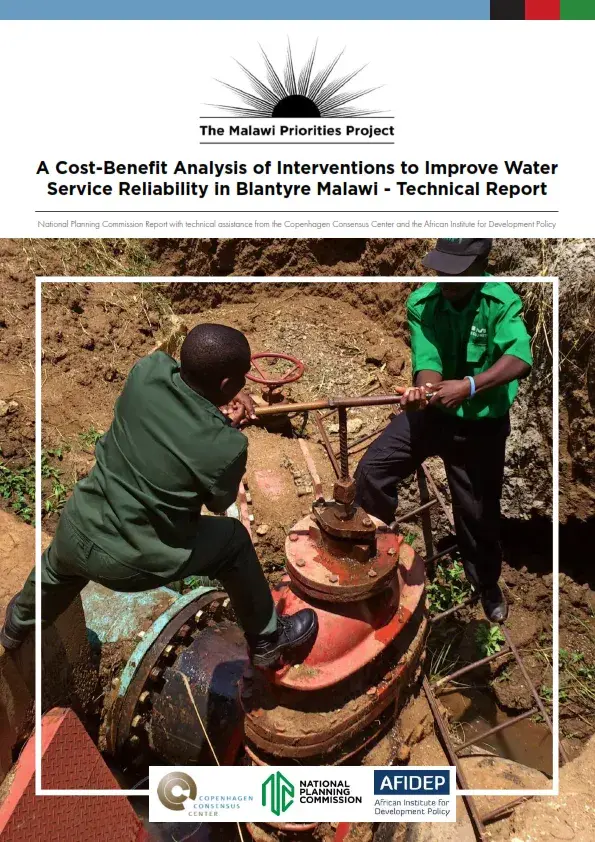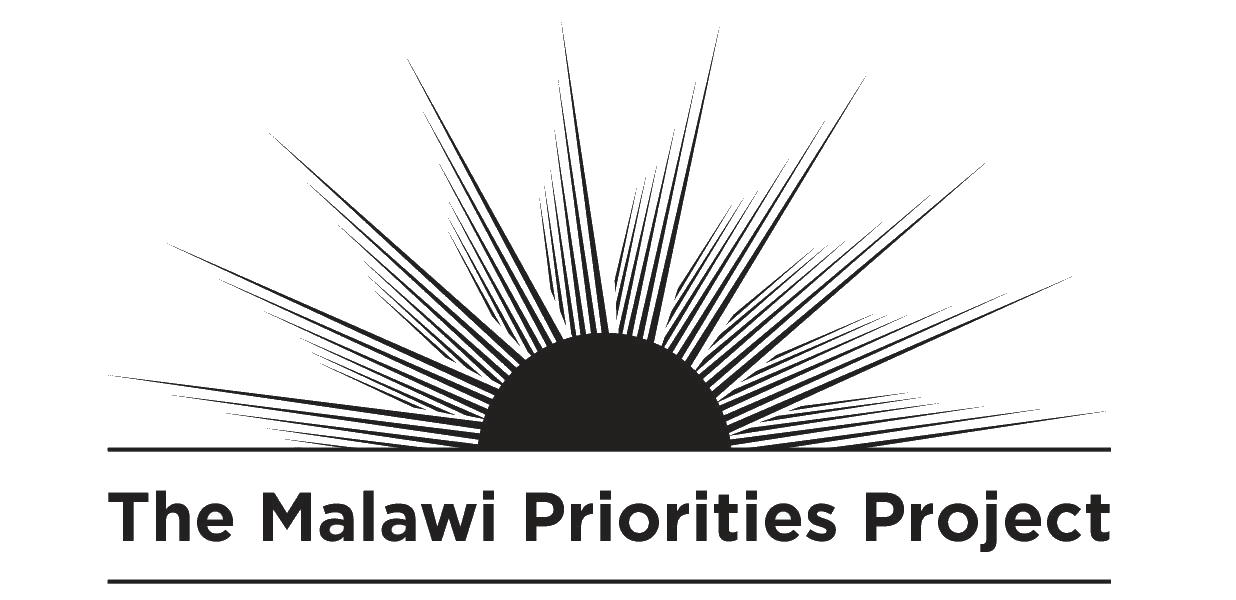Governance
Government Services
Malawi’s MSME sector contributes approximately 40% to the national GDP. Yet several obstacles restrict the growth of the MSME sector, which in turn restrict the growth of the overall economy. These include limited access to financial services such as credit and banking, limited business training, informality, high costs of complying with regulations, and an overall poor environment for conducting business. High business registration and tax compliance costs mean that only 11% of MSMEs are registered and pay tax, cutting into the government’s revenue base.

Land Compliance
More than half of urban residents live in informal settlements or in informal dwellings in areas designated for housing. While regulations and housing permits are critical, compliance with these regulations is of equal importance. In the case of Malawi, if the costs or burdens associated with compliance are too high, non-compliance grows.
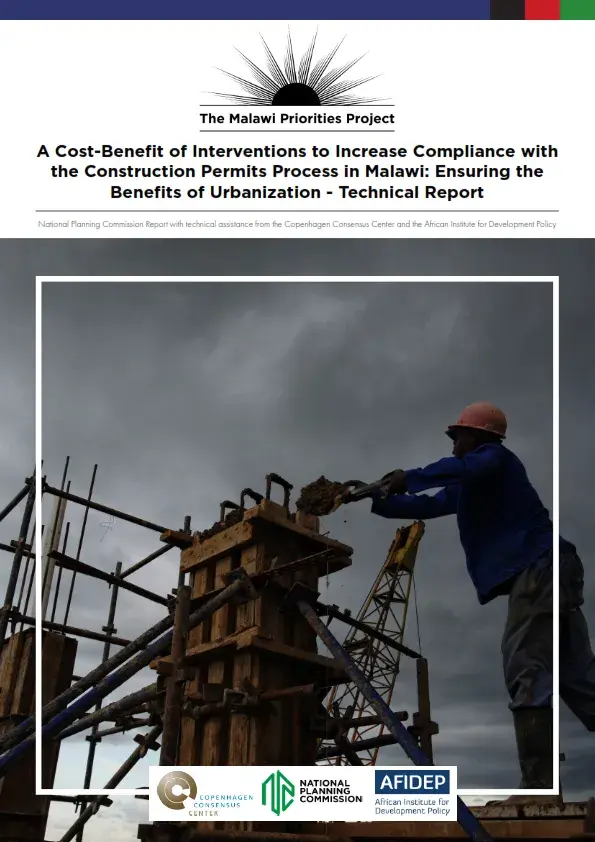
Land Tilting
Malawi enacted a land reform policy in 2016. Implementation has been initiated but there is much work left to do with 4.7 million hectares of land in the country still untitled. Secure land tenure has substantial benefits for Malawians with 15 percent of households having a dispute over land and one out of five households fearing that their land would either be encroached upon or taken away from them.
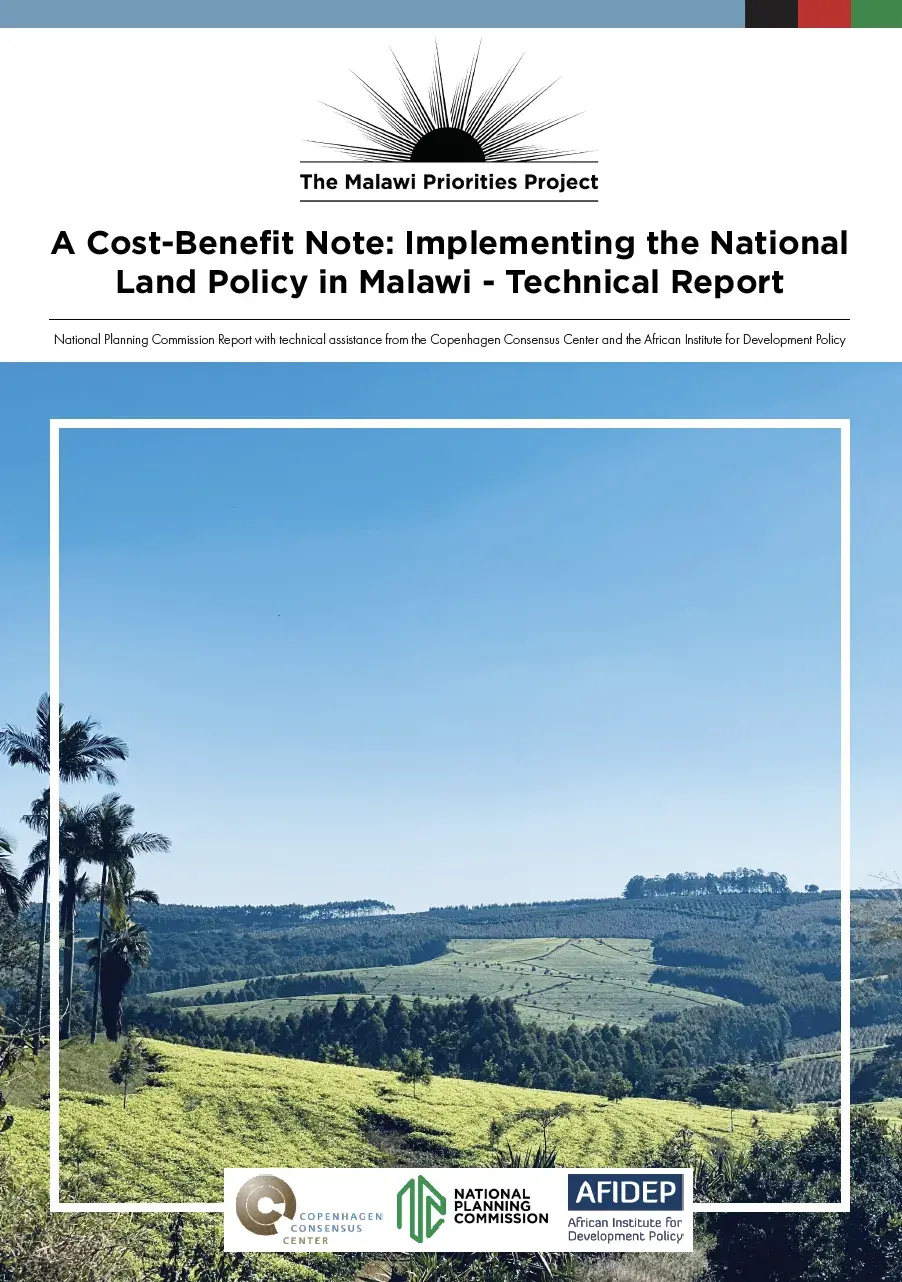
National Resource Management
Despite being endowed with substantial minerals, gemstones, and water bodies, Malawi’s mining and fisheries sectors have been unable to fully take advantage of these resources for wealth creation. Both sectors face similar barriers to generating more wealth for the country: informality, lack of sophisticated practices and value-addition, and limited linkages to trade markets.
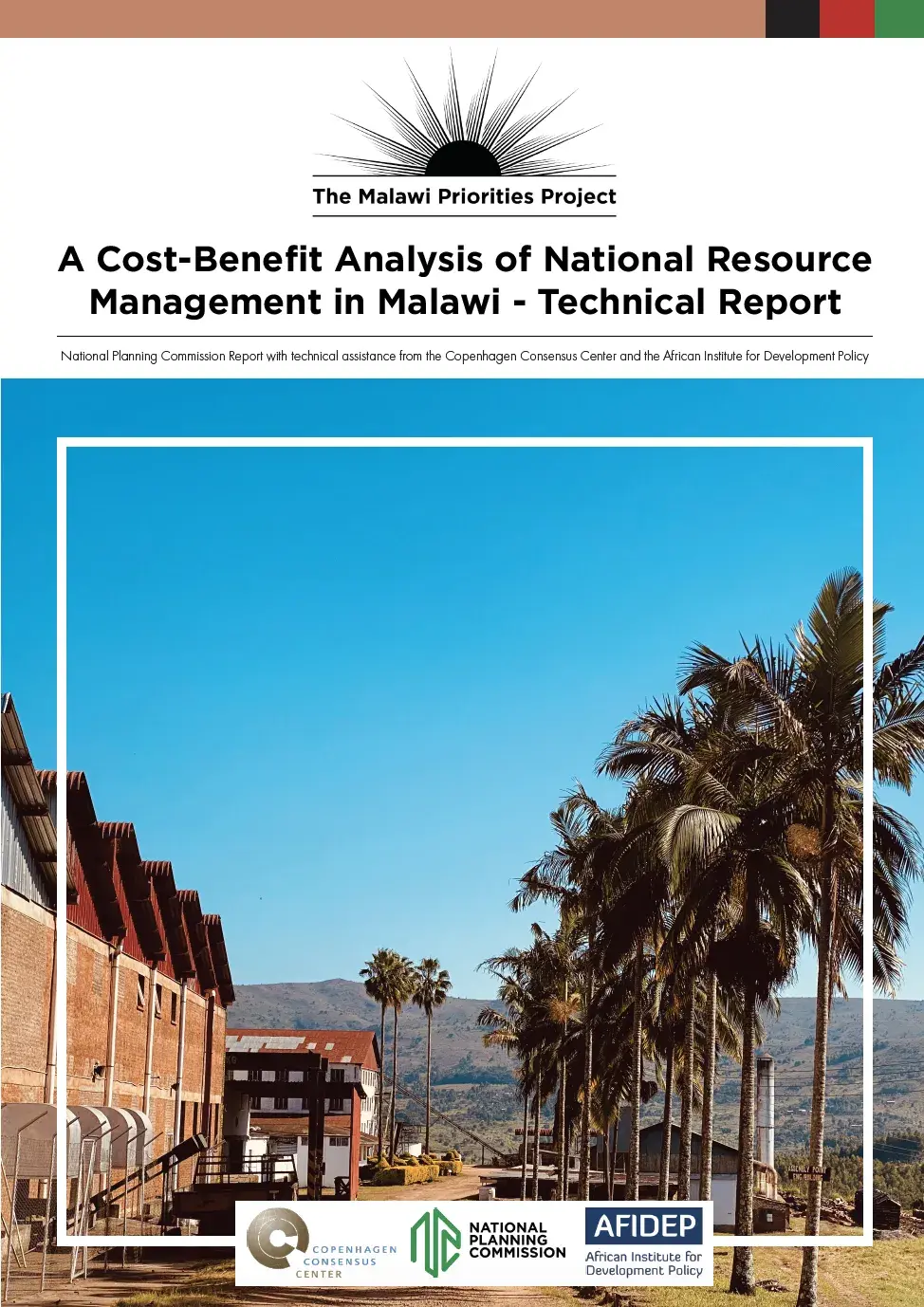
Utilities
Blackouts, shortages, and unreliable access to electricity are a challenge for Malawi’s businesses. Malawian firms experience approximately 7.4 outages per month, with each outage lasting 3.6 hours. Around half of Malawian firms supplement their energy with costly diesel generators. The rest opt into low-productive enterprises that do not require stable electricity or suffer large revenue losses. The coping cost for businesses is estimated at MWK 1557 ($2.09) per kilowatt-hour of unsupplied grid electricity.
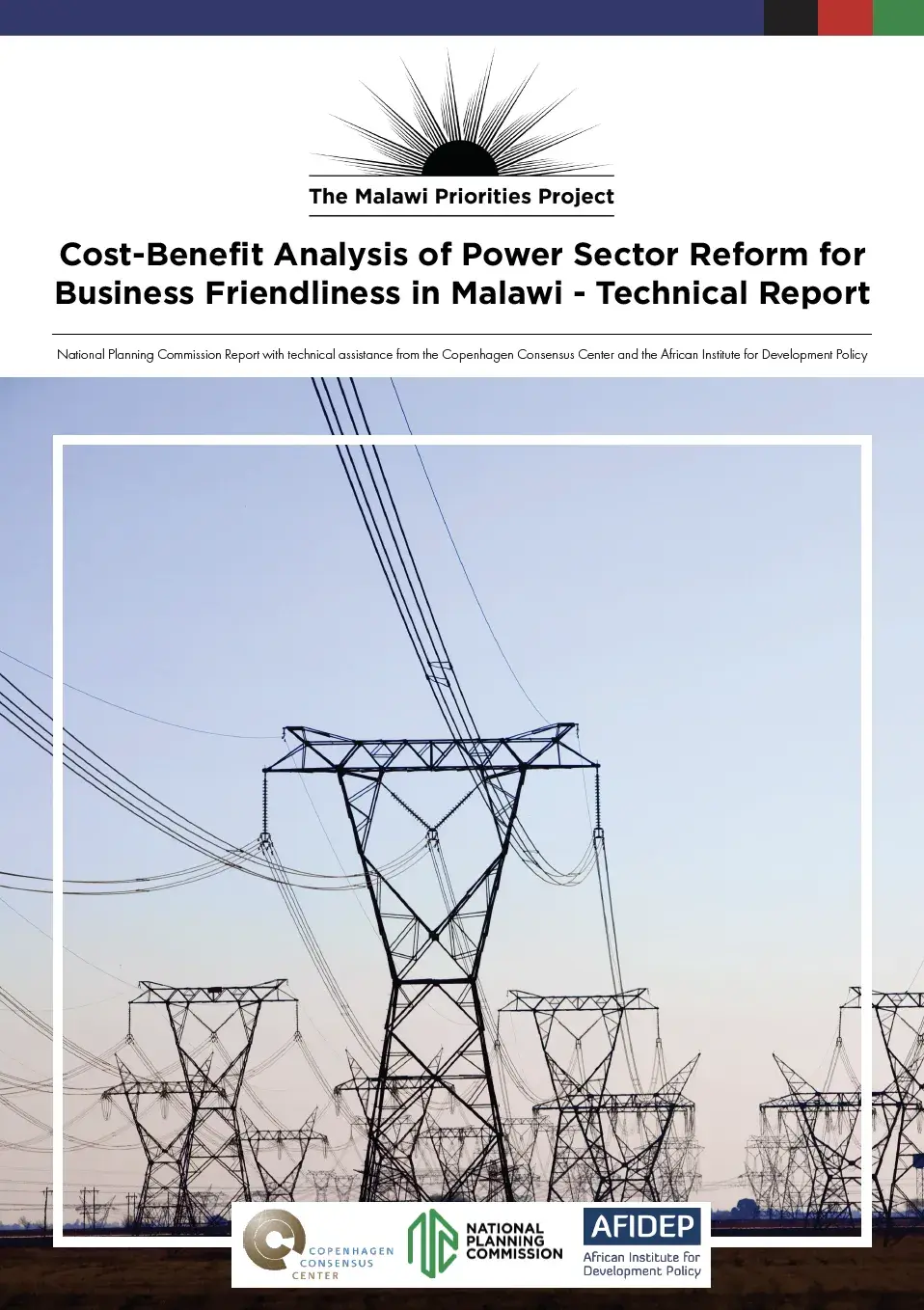
Water Reliability
Blantyre has insufficient water to meet demand. The average daily demand of 140 million liters per day vastly outpaces the Blantyre Water Board’s (BWB) maximum supply of 122 million liters per day. Taking into account 40% water losses prior to consumption, the shortfall between water supply and demand is more than 70 million liters per day. While there is a high level of access to formal water service, this shortfall contributes to unreliable and intermittent service provision.
